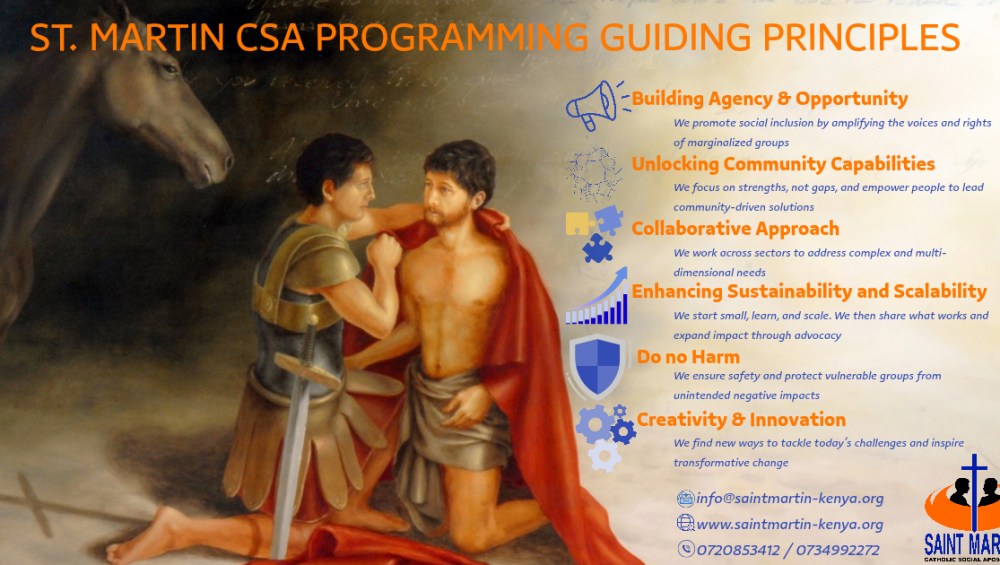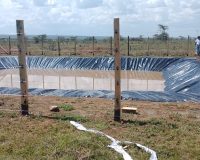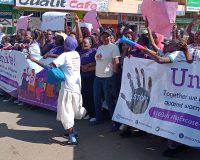Building agency and opportunity for marginalized people.
Individuals who have marginalized identities are more likely to have their voices demobilized, disrespected and dismissed. Marginalized people are conventionally perceived to lack traditional forms of power such as public influence, formal authority, education, money, and political positions; however, they still possess the resources to impact their situations, their circumstances, and the structures that determine their situations.
Our projects must therefore promote social inclusion- a process of improving the terms of participation in society for people who are disadvantaged on the basis of age, sex, disability, race, ethnicity, origin, religion, economic or other status, through enhanced opportunities, access to resources, voice and respect for rights.
Unlocking community capabilities.
Our engagement with communities does not start from what they lack or are unable to do. Putting people and communities at the center of our model helps build the trust that is the vital foundation for achieving our mission and ensuring no one is left behind.
Our approach focuses on utilising the ‘assets’ that are already there. We facilitate the empowerment of individuals and communities by helping them to identify and share their strengths and then work together to create community-led care and support systems for vulnerable and marginalised people. We identify and connect people who care enough (volunteers) to make a difference in their communities.
We systematically examine how communities can be active participants in the planning, delivery, monitoring and evaluation of our initiatives by identifying and mobilizing individual and collective capabilities in different social, political and institutional environments.
Collaborative approach.
Communities’ needs at times can be complex and the needs of VMGs multidimensional. Our programmes/projects therefore take a multidimensional approach not only as a way of work but also as a value by collaborating with other stakeholders in the field to provide holistic services and deliver sustainable benefits.
Enhancing sustainability and scalability.
One of our primary aims is to achieve long-term and lasting change in the communities we engage with. Our projects must have a clearly defined strategy as to how they will be sustainable, scalable and/or replicable.
We start our initiatives small, learn and evaluate. When we deliver the desired outcomes, we mobilise additional resources to scale up the project horizontally by increasing geographical area or target group coverage and vertically through dissemination and advocacy. We endeavour to export (replicate) working interventions/ practices/processes to other regions through networks, collaboration and strategic communication.
Do no harm.
In line with Do No Harm principle, we strive to ensure that our projects avoid exposing people to harm and do not cause or lead to negative, unintended consequences. We therefore prepare vulnerable and marginalised groups framework in all our programmes/projects.
Creativity and innovation.
The world and our communities faces many challenges today ranging from mental illness crises, food insecurity and climate change to social and economic turmoil.
Our programmes/projects are motivated by finding new ways of solving problems/addressing needs, adapting to changing contexts and generating impactful and sustainable change.






